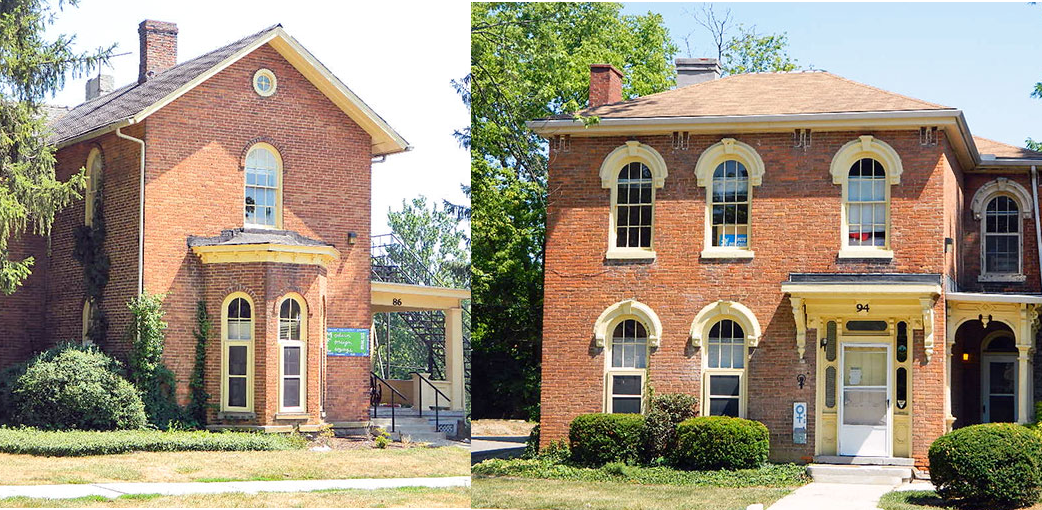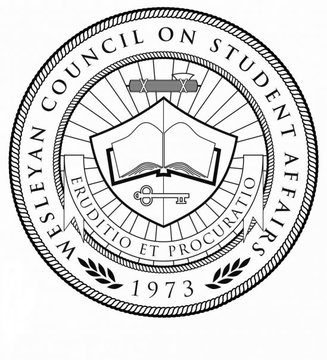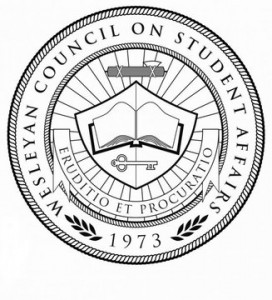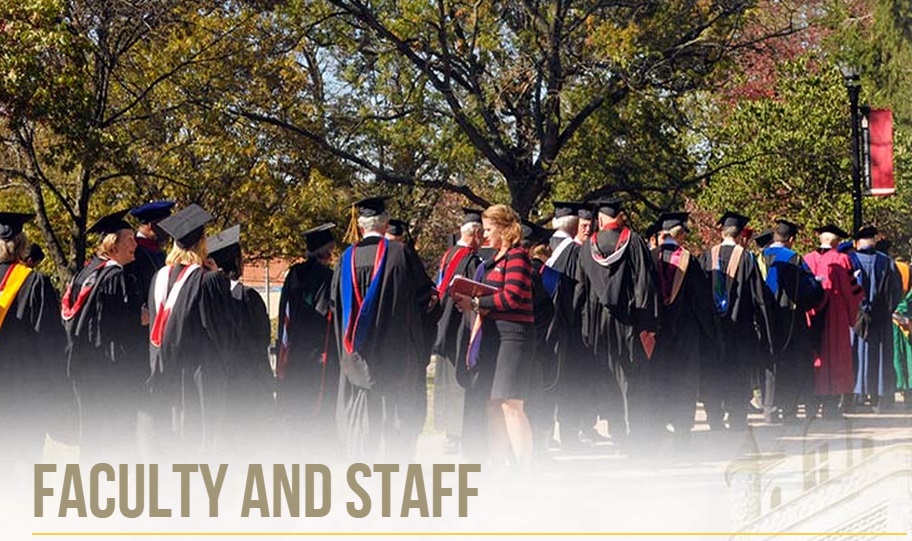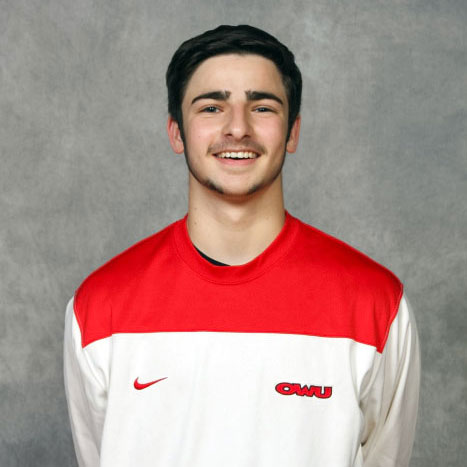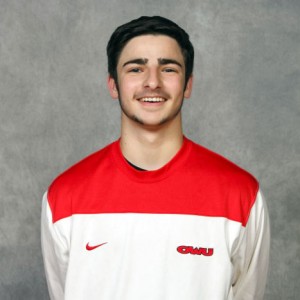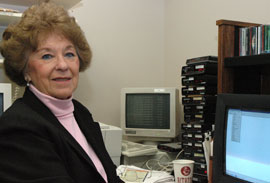In an unprecedented move, student representatives from the Wesleyan Council on Student Affairs (WCSA) and The Transcript were denied access to the Nov. 16 faculty meeting.
For the short period of time that students were outside Merrick Hall’s third floor meeting space, the monthly gathering of OWU faculty and staff simmered with controversy. Following the usual invocation, Provost Chuck Stinemetz moved to allow the student guests to enter the room.
After the motion was seconded, professor Bart Martin of the geology department raised his hand with a comment.
Citing the recent publication of Transcript articles in the Delaware Gazette reporting on faculty business, Martin asked that his colleagues consider barring student entry to the Monday meeting in the interest of confidentiality.
Martin’s speech was immediately condemned by an impassioned Paul Kostyu, an associate professor in the journalism department. He reminded the faculty that “we are members of the Delaware community,” and that “they have a right to know what goes on here.”
Kostyu also added that the faculty serves the students and that everything discussed at the faculty meeting “becomes public eventually.”
Professor Chris Wolverton of the botany department stood up to rebut this claim. “It is not unreasonable for faculty members to be allowed to make comments without fear of it being published in the newspaper the next day,” he argued.
As the tension grew between colleagues, one non-faculty member weighed in on the controversial motion. Deborah Peoples, head of collection services for Beeghly Library, said she supported Wolverton’s sentiment.
“I am thinking we deserve a place to air our feelings in relative safety where we are not feeling that it is going to be on the front page the next day,” Peoples said.
Peoples continued, suggesting that, “there are ways to make The Transcript widely accessible to every student and faculty member on this campus in its online form without having to make it accessible to the whole community.”
Sensing the emotion driving both sides of the argument, professor Thomas Wolber of the department of modern foreign languages noted that the issue at hand was indeed contentious.
“We have to find the right balance between transparency and valid argument,” Wolber reasoned, “but we also need to protect the integrity of the institution and the privacy of faculty.”
“I would recommend we not make a quick motion on this issue,” Wolber concluded. “I think somebody should study the issue carefully, weigh the pros and cons and come up with a decision that is rational and logical and that we can defend to the public.”
But professor Carol Neuman De Vegvar of the fine arts department objected to the idea that the faculty’s already precious time be further diminished. And if the faculty open the meeting to students, she argued, the entire Delaware community should be invited to sit in.
“Why don’t we just open the meeting to the entire township,” De Vegvar said. “Why don’t we put it on video and immediately broadcast it as it is happening. The answer is plain: we have business to do as a faculty, we admit people on vote. It is not a matter for the entire community.”
During the brief pause in debate that followed De Vegvar’s suggestion, Stinemetz interjected with a call for remaining comments. When no faculty members raised their hand, he requested a vote.
The faculty were at first asked to speak “yea” or “nay” on the motion to allow student representatives into the meeting, but with the sides being so close, a vote-by-hand was required.
After a silent minute, the motion to allow students into the faculty meeting failed.
With that announcement, Kostyu collected his coat and hat and walked out of the meeting.
As he left the building, Kostyu said his “principles prevent me from being a part of this.”
For the members of WCSA in attendance, the decision to bar their entry was a disappointment.
Junior Jessica Choate, president-elect of WCSA, hoped that her future “communication with the faculty can be open.”
Seniors Emma Drongowski, vice president of WCSA, and Jerry Lherisson, president of WCSA, reported similar feelings.
Speaking on both of their behalf, Drongowski said, “I am very disappointed that students were not granted access to the faculty meeting today. We believe that it is important for students to fully understand decisions that faculty members make, as it directly impacts us as students and as members of the OWU community. We sincerely hope that we, as students, will be included in these meetings and conversations in the future.”



